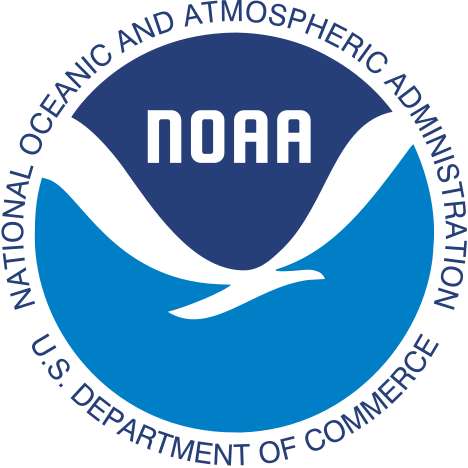Developing Regional Ocean Modeling Capabilities With MOM6 for Use in UFS
Presenter: Enrique Curchitser, Rutgers University
A Preliminary Report Out on the 2021 DTC UFS Evaluation Metrics Workshop
Presenter: Tara Jensen, NCAR/RAL – DTC
The Earth System Modeling Framework Version 8.1.0 is Available on GitHub
By The ESMF Team ESMF release 8.1.0 is now available for download at https://github.com/esmf-org/esmf/releases/tag/ESMF_8_1_0. Release notes and known bugs are available in the usual format on the ESMF website: https://earthsystemmodeling.org/static/releases.html#8_1_0. During the 8.1.0 development cycle, a number of exciting new features were added to the ESMF library, ease of use was improved in several areas, […]
GPU Acceleration of FV3 and the UFS: History, Progress, and Prospects
Presenter: Lucas Harris, NOAA/GFDL
FV3 Applications on GPU
Presenter: Mark Govet, NOAA/OAR Global Systems Division
UFS Land: The Development of a Community Effort to Expand NOAA Land Model Capabilities
A collaborative effort is currently underway to develop NOAA’s next generation Unified Forecast System (UFS) framework. Within the UFS, there are multiple major earth system components, including atmosphere, oceans, and land. UFS applications span local to global domains and predictive time scales from sub-hourly to seasonal predictions. These pose challenges and provide opportunities for the […]
A JEDI Based Ocean Sea Ice Data Assimilation System for the UFS
Presenter: Guillaume Vernieres JCSDA
Sources of Subseasonal Predictability Over CONUS in UFS and Observations
By Cristiana Stan In a new study published in the Journal of Climate, a group of George Mason University (GMU) investigators and UFS developers evaluated one of the first prototypes of the UFS S2S Application. The study is focused on assessing the forecast skill of surface weather over the conterminous United States (CONUS) during boreal […]
JEDI Code Sprint at JCSDA for UFO Development to Match GDAS: Implications for UFS Applications
Katherine Shanahan, Dick Dee, and Hui Shao The Joint Effort for Data assimilation Integration (JEDI) project work is set to be the foundation for performing data assimilation across many different kinds of UFS applications. JEDI is an innovative data assimilation framework that provides shared and portable software with generic components that can be configured for […]
UFS EVALUATION METRICS WORKSHOP: A KEY FOR TRANSITIONING NEW SCIENCE INTO OPERATIONS
Tara Jensen The Developmental Testbed Center (DTC), in collaboration with the National Oceanic and Atmospheric Administration (NOAA) and the Unified Forecast System’s Verification and Validation Cross-Cutting Team (UFS-V&V), is hosting a three-day workshop to identify key verification and validation metrics for UFS applications. The goal is to identify and prioritize key metrics to apply during […]




